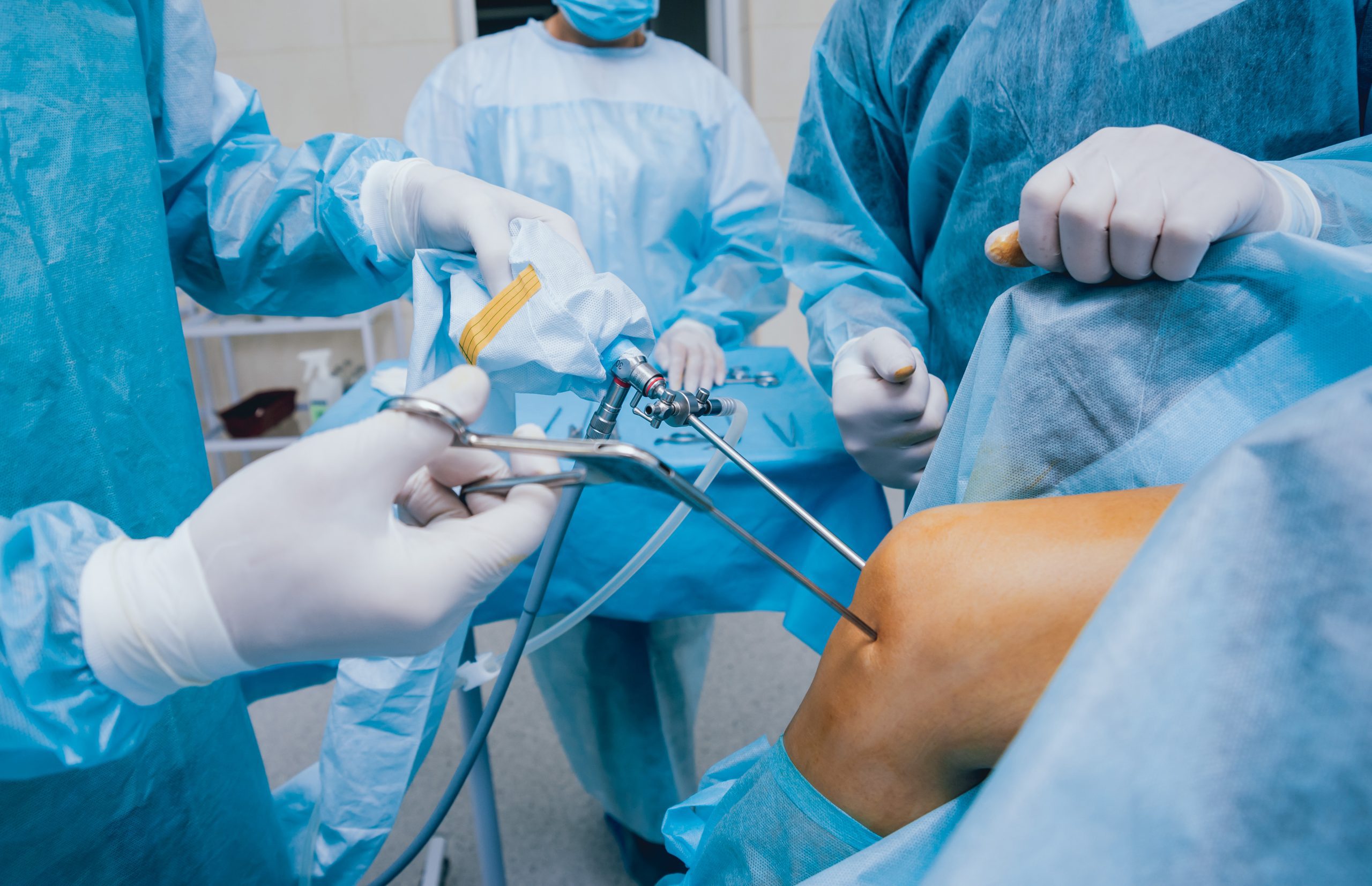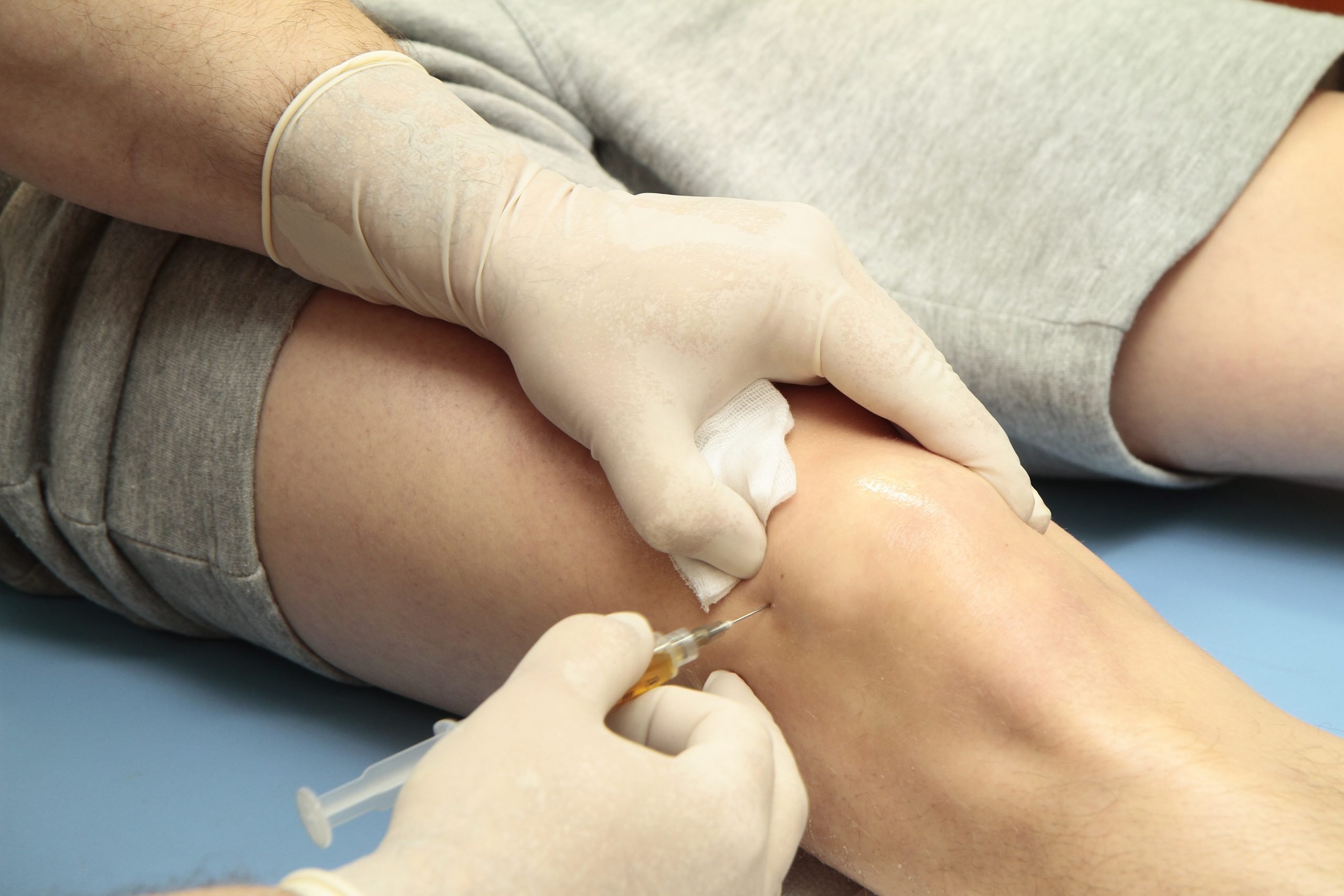

Cartilage Replacement
Book a Detailed Treatment Call


Why might you need cartilage replacement?
Cartilage is an essential tissue for the normal movement of joints throughout the human body. However, in the event of a traumatic stress injury or ongoing severe degradation, cartilage does not have the capacity to repair itself. These cases lead to increased friction between joints as the lubricating function of cartilage is no longer effective. Replacement cartilage can be used to substitute damaged or lost cartilage to help solve the resulting joint problems. This includes loss of movement, pain, discomfort, and increased risk of osteoarthritis.
What are the benefits of cartilage replacement from LCC?
Seeking treatment from London Cartilage Clinic places you in the hands of leading experts in the field of cartilage repair, regeneration, and replacement. We offer a comprehensive consultation and diagnosis so you are completely informed of the options available to you. Only then will we inform you of our recommendations and how best our specialists can help you.
If we assess that the severity of your injury warrants cartilage replacement, we take the time to ensure all the right steps are followed in preparing for the surgery. You then have the ability to choose the appointment that fits within your schedule, rather than it being the other way around. Our primary objective is to cause as little discomfort to our patients as possible, while striving for a high surgical success rate.




Frequently Asked Questions
First, the surgeon will need to assess the damage to the cartilage in the affected area through the use of an X-ray. This scan will then inform the points at which the arthroscopy incisions will take place. Standard disinfection of the site will then be done. Once access to the joint has been made, the process of removing the damaged cartilage and implanting replacement cartilage can begin.
The main preparation that takes place before a cartilage replacement is a scan to assess the severity of the cartilage injury. You will also likely be asked a series of questions prior to a cartilage replacement operation for safety purposes. For instance, you must inform the surgeon of any medication you’re taking that could interfere with the operation.
Following the operation, a specialist will give you specific advice for ensuring the affected joint heals properly. This will also cover how to maintain and replace the dressing on the joint. It is normal for patients to experience swelling in the area that surgery took place. In some cases, additional testing will be done to obtain more data on patient health.
 Cartilage
Cartilage Knees
Knees
